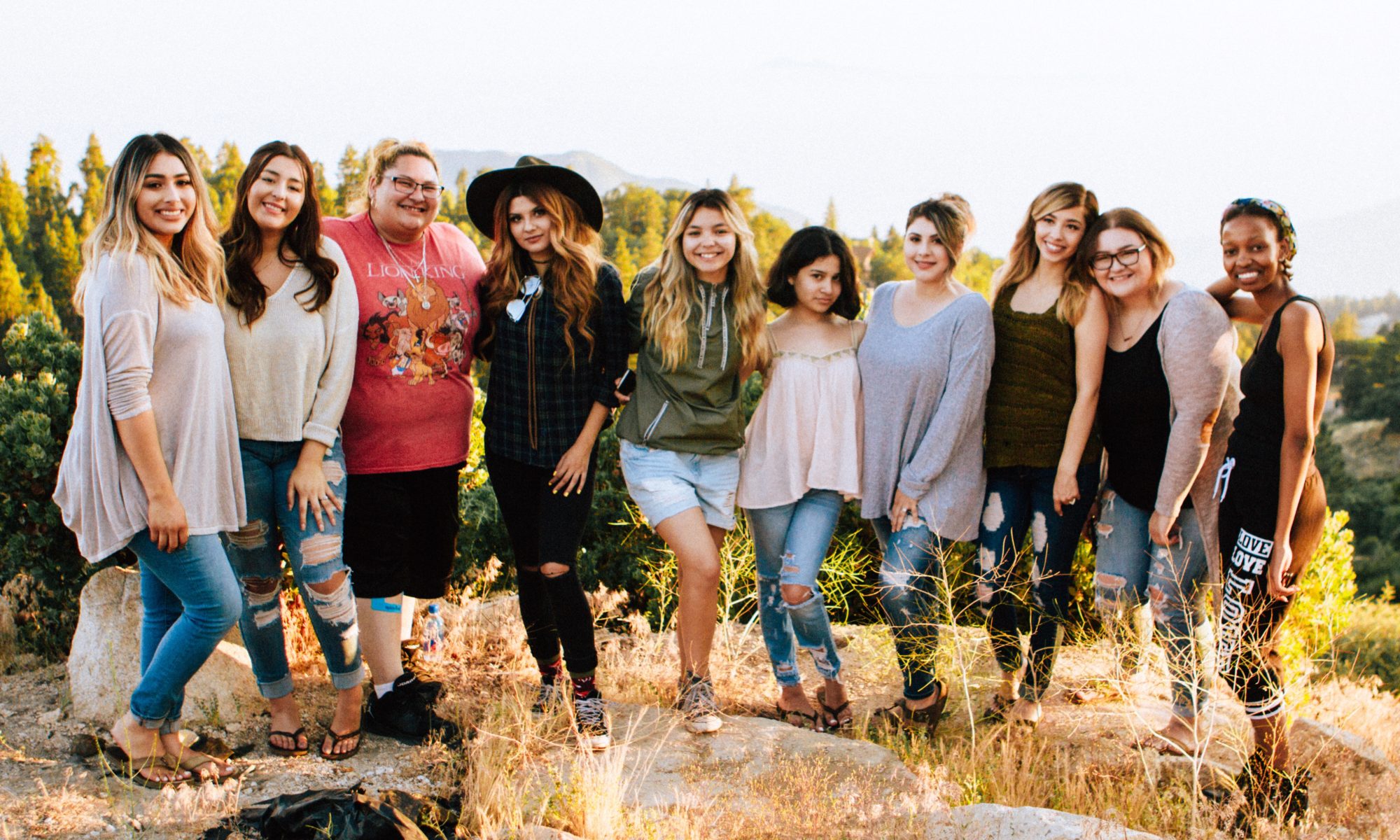“How can you ask for help when you’re suffering Domestic Violence if you don’t speak English, you don’t have any friends, and you can’t drive and don’t know the area where you are living?”
These questions came from a woman in a local Domestic Violence support group for Hispanic women. I help lead the group as part of my internship with Family Service of Roanoke Valley.
I understand these women not only because I am Hispanic, and more specifically Mexican like the majority of those attending the group, but also because of my life experience.
Growing up my mother went through emotional and verbal abuse from my father, to the point where currently she can’t hold a job because she doesn’t trust herself at all.

The domestic violence survivor group through TAP Domestic Violence Services includes immigrant women who either came to the United States with their partners or are trying to escape an abusive relationship. They don’t speak English, can’t drive, and often feel isolated in their homes. The group helps them feel connected with others who have been through similar experiences. It helps them know what is going on in their community and helps them make lifelong friends. Group work helps survivors of intimate partner violence and emotional abuse learn they are important and not alone.
Once a week the group meets to help each member find their voice, to encourage them to speak up if something is wrong, and know how to react when something feels wrong. I’m privileged to meet with them and let them know there is help out there.
Education is a large part of my role in the group. One of the first things I tell them is the definition of domestic, or intimate partner, violence.
Intimate partner violence (IPV) is defined as physical, emotional, psychological, verbal, and/or sexual abuse between two individuals engaged in a current or previous romantic relationship.
This is a difficult subject for some people with limited English proficiency because many have lived in countries, or have been through traumatic experiences, in which their human rights were violated.
In some countries, women are considered property. They belong to their boyfriends, husbands or partners. Women who attend the survivor group may not have had the opportunity to learn work skills or may have been told they can’t do anything without their partners.
Survivors of abuse and violence can lose their identity and instead adopt the identity of their partners or children.
Like my mother, who lived through her father’s eyes, they base their sense on the value on what others think.
“It’s not how you feel or what you want, it is always what your partner or children want and need,” she used to tell me.
The group helps them learn that their needs are just as important.
I hope I am helping these women find themselves. I hope the group provides answers to the question a scared and tearful woman asked me in Spanish when we first started meeting. I hope not knowing English will one day not be the barrier to getting help that it is today.
If you or someone you know is experiencing Intimate Partner Violence, TAP Domestic Violence Services offers hope to those experiencing domestic violence regardless of gender, race, sexual orientation, or age. They are available 24/7 through their hotline at 540.580.0775 and their daytime number is 540-283-4813.
If you or someone you know would like counseling because of previous Intimate Partner Violence, please reach out to Family Service’s First Impressions Specialist at 540-563-5316 x3014.


